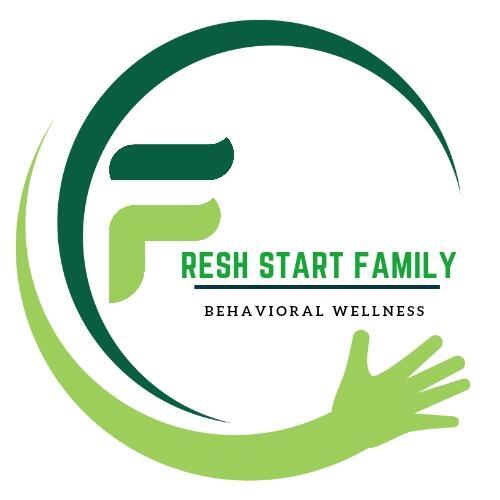Waking up feeling groggy, tossing and turning at night, or struggling to fall asleep in the first place — sound familiar? Sleep issues are incredibly common, but what many people don’t realize is that not all sleep problems are created equal. There are several distinct types of sleep disorders, each with its causes, symptoms, and treatments. Understanding these differences is crucial not only for getting a better night’s rest but also for protecting your long-term health and well-being.
In this blog, we’ll explore the different categories of sleep disorders, what they look like, and how they impact people physically, mentally, and emotionally. If you or someone you love is struggling with sleep, knowing which type of disorder is at play can be the first step toward real relief.
What is a Sleep Disorder?
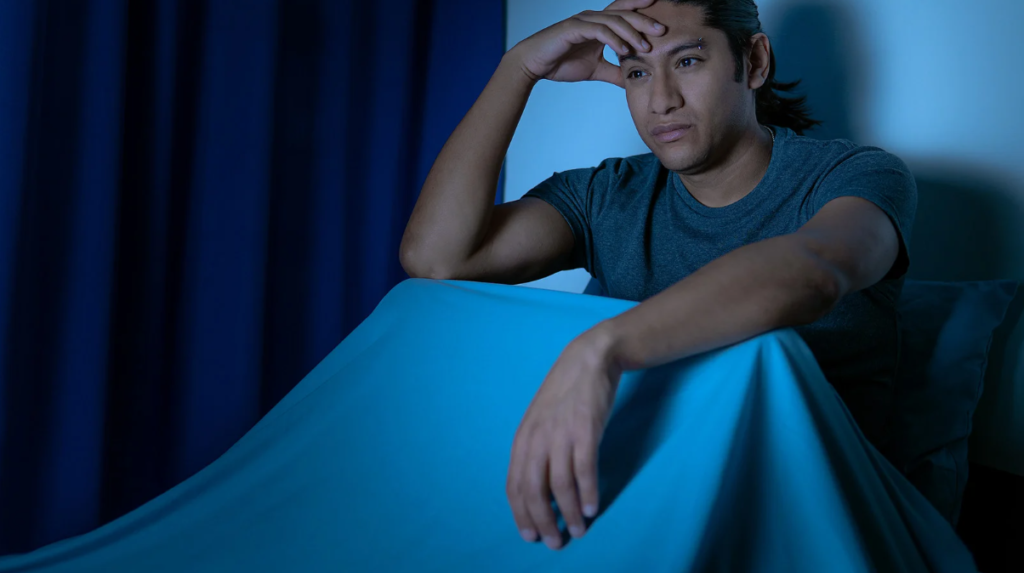
A sleep disorder is any condition that affects the quality, timing, or duration of sleep, leading to daytime impairment or distress. These disorders can cause difficulty falling asleep, staying asleep, or experiencing restorative sleep. Sleep disorders may result from medical, psychological, or environmental factors and can impact overall health. Common examples include insomnia, sleep apnea, restless leg syndrome, and narcolepsy. Understanding the cause is key to effective treatment.
Why Sleep Matters

Sleep isn’t just a time for the body to rest — it’s an essential biological function. While we sleep, our bodies repair tissues, consolidate memories, regulate hormones, and strengthen the immune system. Lack of sleep can affect everything from mood and concentration to cardiovascular health and immune function.
Chronic sleep deprivation has been linked to:
- Increased risk of heart disease and stroke
- Weakened immunity
- Weight gain and obesity
- Depression and anxiety
- Impaired memory and cognitive function
Clearly, addressing sleep problems early and effectively is critical. But to do that, we first need to understand the different types of sleep disorders.
Different Types of Sleep Disorders
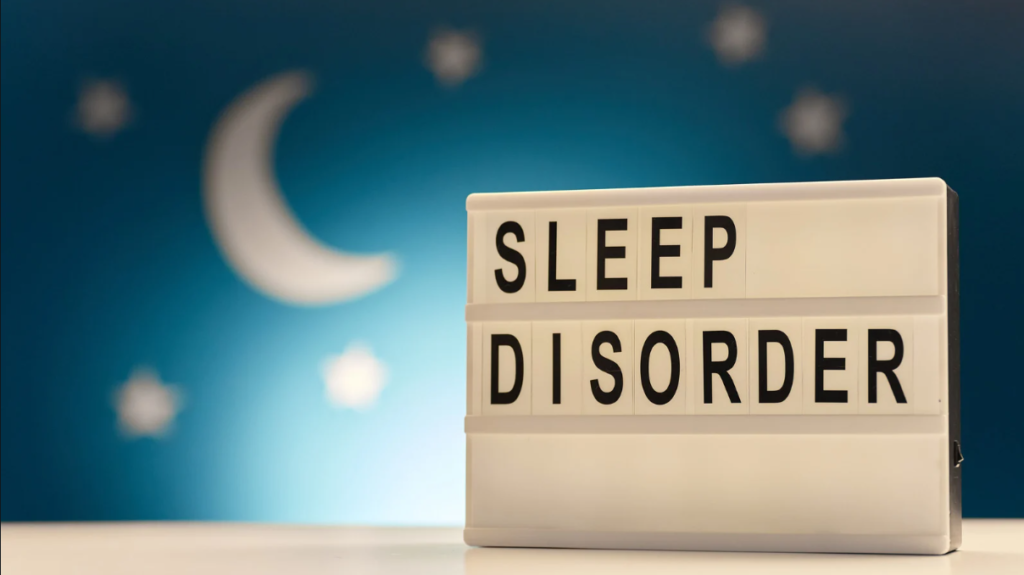
Sleep disorders are medical conditions that interfere with a person’s ability to sleep well regularly. While occasional restless nights are normal, chronic disturbances may indicate a more serious issue. Here are the different types of sleep disorders and what you should know about them:
1. Insomnia Disorders
Insomnia is the most common sleep disorder. It involves persistent trouble falling asleep, staying asleep, or waking too early.
- Chronic Insomnia – Lasts for 3+ nights per week for 3+ months.
- Short-Term Insomnia – Often stress-related and resolves on its own.
- Onset Insomnia – Difficulty falling asleep at the beginning of the night.
- Maintenance Insomnia – Waking up frequently or too early.
2. Sleep-Related Breathing Disorders
These disorders involve abnormal breathing patterns during sleep, often leading to poor sleep quality and health complications.
- Obstructive Sleep Apnea (OSA) – Airway blockage causes breathing pauses and snoring.
- Central Sleep Apnea – The Brain doesn’t signal the muscles to breathe correctly.
- Complex Sleep Apnea Syndrome – A mix of obstructive and central apnea.
- Sleep-Related Hypoventilation – Shallow breathing leads to CO₂ buildup.
- Sleep-Related Hypoxemia – Low oxygen levels during sleep.
3. Central Disorders of Hypersomnolence
These conditions involve excessive daytime sleepiness not caused by poor sleep habits.
- Narcolepsy Type 1 – Sudden sleep attacks and cataplexy (muscle weakness).
- Narcolepsy Type 2 – Sleep attacks without cataplexy.
- Idiopathic Hypersomnia – Always sleepy despite adequate nighttime sleep.
- Kleine-Levin Syndrome – Rare; causes excessive sleep, mood changes, and confusion.
4. Circadian Rhythm Sleep-Wake Disorders
Circadian rhythm disorders disrupt the body’s internal clock, misaligning sleep patterns with social or environmental norms.
- Delayed Sleep-Wake Phase Disorder – Sleep and wake times are much later than normal.
- Advanced Sleep-Wake Phase Disorder – Early evening sleepiness and early waking.
- Irregular Sleep-Wake Rhythm – No consistent sleep pattern.
- Non-24-Hour Sleep-Wake Disorder – Sleep cycle shifts daily, common in blind individuals.
- Shift Work Disorder – Sleep problems due to working nontraditional hours.
- Jet Lag Disorder – Temporary disruption after crossing time zones.
5. Parasomnias
Parasomnias are unwanted physical or verbal behaviors during sleep.
- Sleepwalking – Walking or performing tasks while asleep.
- Sleep Terrors – Screaming or panicking during deep sleep.
- REM Sleep Behavior Disorder – Acting out dreams, often violently.
- Nightmare Disorder – Recurrent, vivid nightmares that disturb sleep.
- Sleep Enuresis – Bedwetting during sleep past the typical age.
- Sleep-Related Hallucinations – Hallucinations when falling asleep or waking.
6. Sleep-Related Movement Disorders
These disorders cause repetitive, involuntary movements that interrupt sleep or the ability to fall asleep.
- Restless Legs Syndrome (RLS) – Strong urge to move legs due to discomfort.
- Periodic Limb Movement Disorder (PLMD) – Involuntary limb jerks during sleep.
- Sleep-Related Leg Cramps – Painful muscle spasms during sleep.
- Sleep-Related Bruxism – Teeth grinding or jaw clenching while asleep.
- Rhythmic Movement Disorder – Head or body rocking, often seen in infants.
7. Other Sleep Disorders and Variants
These conditions don’t fit neatly into other categories but can still cause significant sleep disruption.
- Insufficient Sleep Syndrome – Consistently not getting enough sleep due to lifestyle.
- Snoring – Often benign, but can signal sleep apnea.
- Sleep Talking – Speaking while asleep, usually harmless.
- Exploding Head Syndrome – Hearing a loud noise when falling asleep or waking up.
Symptoms and Causes of Sleep Disorders
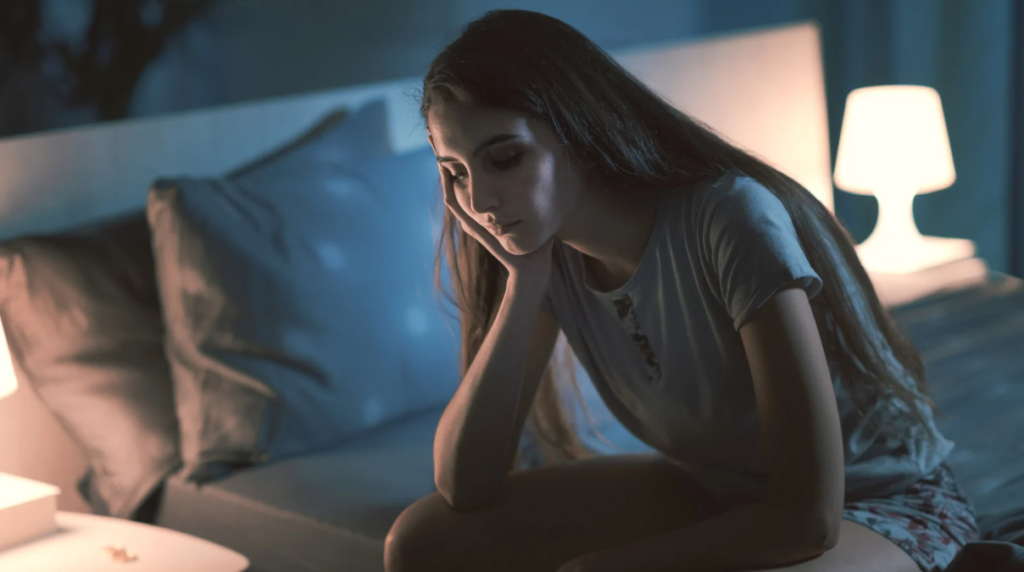
Sleep disorders manifest in various ways, and recognizing the symptoms and causes early is key to proper treatment. Here are some common signs and causes to watch for:
Symptoms
- Chronic Fatigue – Feeling tired even after a full night’s sleep.
- Difficulty Falling or Staying Asleep – Trouble falling asleep or waking up frequently.
- Daytime Sleepiness – Feeling excessively drowsy during the day.
- Snoring or Gasps for Air – Loud snoring or breathing pauses, common in sleep apnea.
- Mood Swings and Irritability – Increased irritability or moodiness from poor sleep.
- Memory or Concentration Problems – Trouble focusing or recalling information.
- Restlessness or Leg Movements – Uncomfortable leg movements or jerking during sleep.
- Sleepwalking or Night Terrors – Disturbing physical or emotional movements during sleep.
- Headaches or Migraines – Waking up with headaches due to poor sleep quality.
Causes
- Stress and Anxiety – Mental health issues that prevent relaxation and sleep.
- Poor Sleep Hygiene – Irregular sleep patterns or uncomfortable sleep environments.
- Medical Conditions – Conditions like asthma, arthritis, or heart disease.
- Hormonal Changes – Pregnancy, menopause, or thyroid issues affecting sleep.
- Caffeine or Alcohol Consumption – Excessive intake disrupts sleep.
- Medications – Drugs that interfere with sleep, like antidepressants or allergy meds.
- Sleep Apnea – Blocked airways or neurological issues causing breathing pauses.
- Genetics – Family history is linked to conditions like narcolepsy.
- Chronic Pain – Conditions like fibromyalgia or back pain can affect restful sleep.
What Steps Are Involved in Diagnosing Sleep Disorders?
Diagnosing a sleep disorder typically starts with a detailed review of a person’s medical history and sleep habits. Doctors may ask questions about sleep routines, daily functioning, and symptoms experienced at night. Keeping a sleep diary for one to two weeks is often recommended to track patterns and identify possible triggers. In some cases, the use of standardized questionnaires, such as the Epworth Sleepiness Scale, helps assess the severity of sleepiness and other symptoms.
Tests, such as blood work or neurological exams, might be needed to rule out underlying health problems contributing to the sleep issues. If a sleep disorder is suspected based on the initial findings, a specialist may recommend further diagnostic evaluations. These could include overnight sleep studies or home-based monitoring to gather more precise data on sleep cycles, breathing patterns, and other physiological markers. These results help confirm the diagnosis and guide the appropriate next steps in care.
Common Treatments for Sleep Disorders

Treatment options for sleep disorders depend on the type and severity of the condition, ranging from lifestyle changes to therapies and medications.
- Cognitive Behavioral Therapy for Insomnia (CBT-I): A non-medication therapy that helps change negative thoughts and behaviors causing poor sleep. It’s the gold standard for insomnia treatment.
- Sleep Medications: Short-term solutions like sedative-hypnotics or melatonin agonists can help with sleep, but they’re not recommended for long-term use.
- CPAP (Continuous Positive Airway Pressure): Used for sleep apnea, it keeps airways open with a continuous flow of air through a mask during sleep.
- Lifestyle and Behavioral Modifications: Key changes like improving sleep hygiene, regular exercise, and reducing stimulants can significantly enhance sleep quality.
- Cognitive Behavioral Therapy for Sleep Apnea (CBT-SA): Focuses on the emotional and cognitive aspects of sleep apnea, improving compliance and outcomes.
- Light Therapy: Helps regulate the sleep-wake cycle in people with circadian rhythm disorders like delayed sleep phase disorder or seasonal affective disorder.
- Surgical Interventions: For severe sleep apnea, surgery may be needed to remove airway blockages or adjust the jaw and throat.
- Oral Appliances: Devices like mandibular advancement devices help treat mild to moderate sleep apnea by preventing airway collapse.
- Treatment for Underlying Health Conditions: Addressing conditions like heart disease, asthma, or mental health issues can improve sleep.
- Alternative Therapies: Acupuncture, aromatherapy, and herbal supplements can offer support, though consulting with a healthcare provider is important before trying them.
Practical Tips for Better Sleep While Seeking Diagnosis
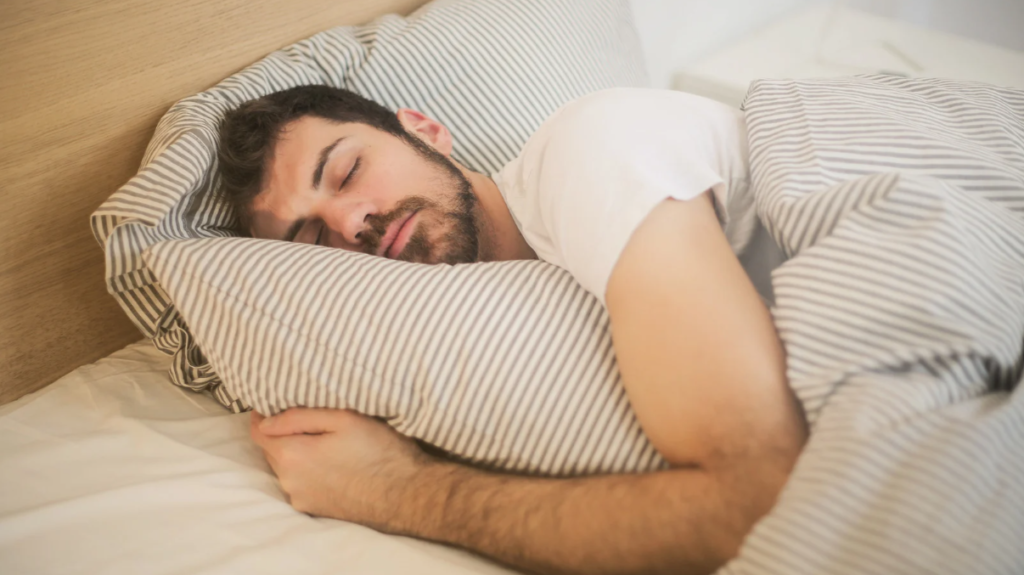
While awaiting a sleep disorder diagnosis, small lifestyle changes can support better rest. Try these tips:
- Keep a consistent bedtime and wake-up time
- Avoid screens at least an hour before bed
- Limit caffeine and heavy meals in the evening
- Create a cool, dark, quiet sleep environment
- Try relaxation techniques like deep breathing or light stretching
The First Step Toward Restful, Restorative Sleep
Struggling with sleep doesn’t mean you’re alone—help is available, and real relief is possible. Understanding that not all sleep problems are the same is the first step toward finding the right solution. Identifying the specific type of sleep disorder you’re facing is essential for getting the effective treatment you need.
A Fresh Start Behavioral Health Services, we’re here to support your journey toward better sleep and overall wellness. Contact us today to schedule a consultation and start reclaiming your nights—and your health
